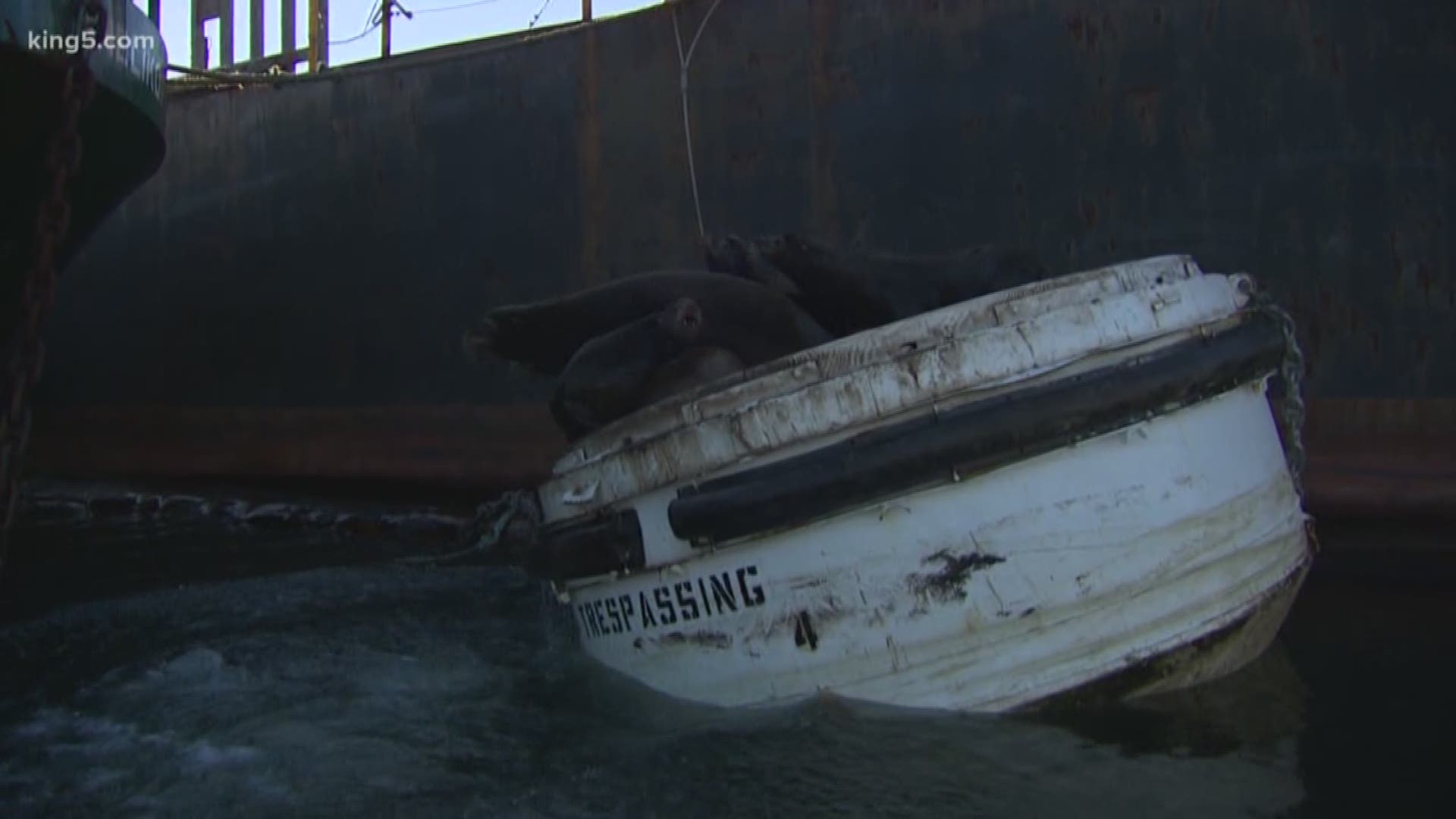New research shows that carbon emissions in the ocean may be affecting the ability for salmon to smell.
The research, from the University of Washington and NOAA Fisheries’ Northwest Fisheries Science Center, shows that water acidification is changing the ocean's chemistry and lowering its pH. This leads to higher levels of carbon dioxide (CO2) in the water.
The study was published in "Global Change Biology" and is the first study to show that ocean acidification affects coho salmon's sense of smell.
“Salmon famously use their nose for so many important aspects of their life, from navigation and finding food to detecting predators and reproducing. So it was important for us to know if salmon would be impacted by future carbon dioxide conditions in the marine environment,” said lead author Chase Williams, a postdoctoral researcher at the UW Department of Environmental and Occupational Health Sciences in the School of Public Health.
The study takes a deep dive into the sensory system of fish and what specifically leads to loss of smell.
“Our studies and research from other groups have shown that exposure to pollutants can also interfere with sense of smell for salmon,” said Evan Gallagher, senior co-author and a UW professor of toxicology. “Now, salmon are potentially facing a one-two punch from exposure to pollutants and the added burden of rising CO2. These have implications for the long-term survival of our salmon.”
As CO2 levels in the atmosphere increase, bodies of water such as the Puget Sound are expected to absorb more carbon dioxide and continue to acidify.
The tests were conducted in a NOAA fisheries lab located in Mukilteo. There, three different tanks held water with different pH levels: the Puget Sound's current level and the predicted levels 50 and 100 years from now.
The fish were exposed to these levels for two weeks and then tested to see if their sense of smell was affected. Researchers found that while the fish could still smell odors, they were not able to translate the smell and respond to it.
“At the nose level, we think the neurons are still detecting odors, but when the signals are processed in the brain, that’s where the messages are potentially getting altered,” Williams said.
Coho salmon would need the function of processing and translating smells to detect predators in the wild. This action could signify to the salmon whether to swim away or stay put. Not being able to process the smell and create the proper responsive puts these fish at risk of being killed.
“We’re hoping this will alert people to some of the potential consequences of elevated carbon emissions,” said senior co-author Andy Dittman, a research biologist at the Northwest Fisheries Science Center. “Salmon are so iconic in this area. Ocean acidification and climate change are abstract things until you start talking about an animal that means a lot to people.”

